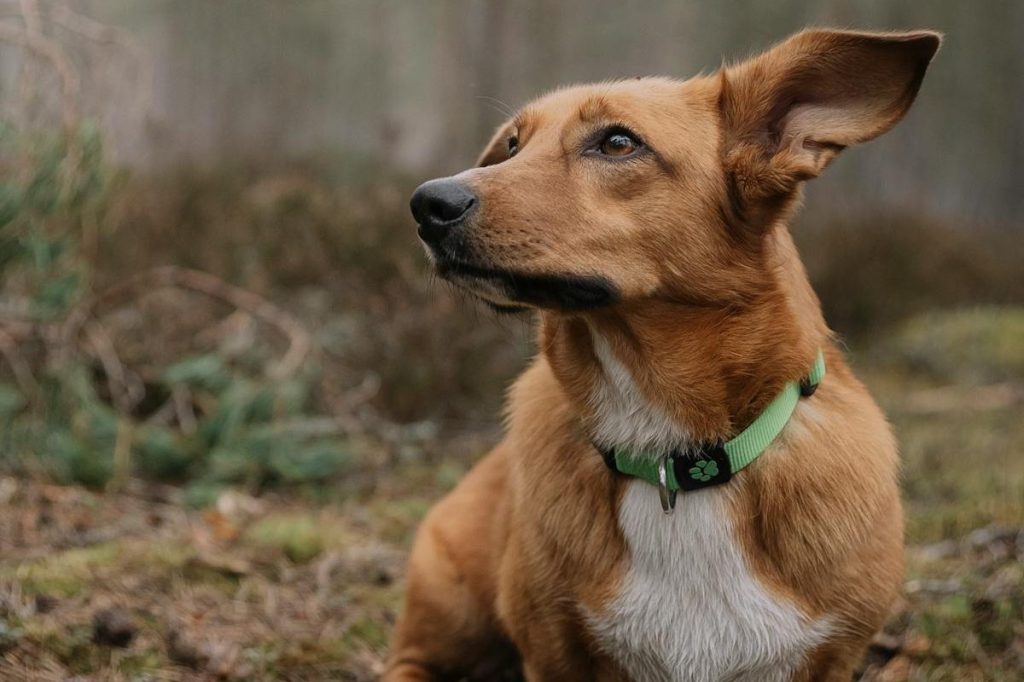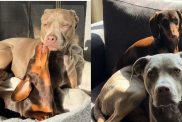The Dorgi, sometimes spelled the Dorgie, is a small-to-medium-sized cross between the Dachshund and Corgi dog breeds. These pups are known for their loyalty, intelligence, and friendly nature, having inherited some of the best traits from both of their parent breeds. With their bright personalities and sharp minds, Dorgis are highly trainable. They are affectionate and devoted…





